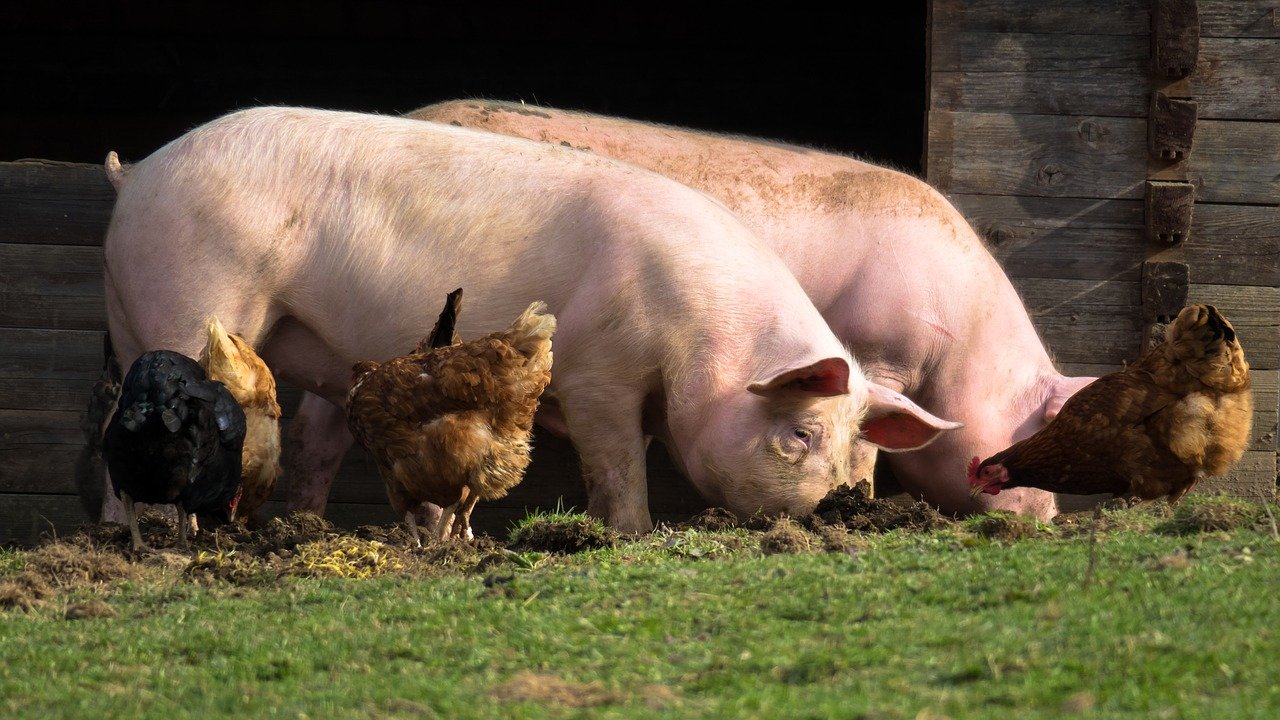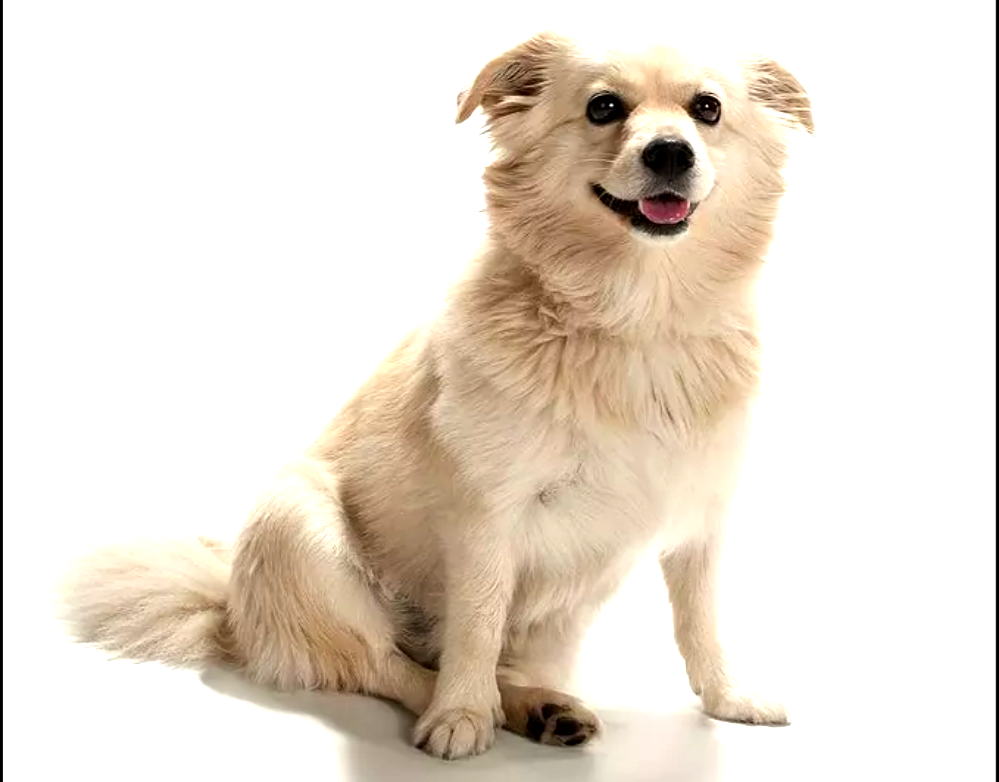American Eskimo Chihuahua Mix
A Chihuahua American eskimo dog mix, also known as Chimo or Eskimo Chi, is a dog breed that’s a product of a cross between an American Eskimo dog and a Chihuahua dog breed.
Chimo is a small dog breed that’s getting popular recently, yet, it’s not recognized by the American Kennel Club (AKC).
Chihuahua American eskimo dog mix can inherit the physical traits, behavior, and health of both parent breeds, just like we have it in American Eskimo and Border Collie mix.
Their lifespan can vary depending on the health of the individual dog, but they typically live between 10 and 15 years.
Physical Apperance of Chihuahua American eskimo dog mix
Chimos typically weigh between 6 and 20 pounds and stand between 9 and 12 inches tall.
It has a round head and face, thin short muzzle, light brown eyes and lovely face.
Chimos can have a variety of coat colors, including white, cream, brown, and black.
Chimo’s coat is usually long and fluffy like an American Eskimo or short and smooth like a Chihuahua.
However, this dog breed apperance greatly depends on their parents’ health, and it could have a dominant trait of each of the parents.
Chimo Behavior
In terms of behavior, Eskimo chi is friendly, smart, loyal to owner, easy to train and learns fast but can be stubborn and lazy sometimes.
Chimos requires socialization if you want him to bond with other dogs, cats, and family members quickly.
They are a small dog breed and require moderate exercise level. Having a large apartment is enough for chimos to exercise indoor.
They can be good with children and other pets if socialized properly. However, they may have a tendency to bark excessively, which can be a challenge to train out of them.
As with any mixed breed, it can be difficult to predict exactly what an Eskimo Chi will look like and what their personality will be like.
It’s important to research both parent breeds and meet the individual dog before deciding to bring one home.
Chimo’s Diet and Health
A Chimo’s diet should be balanced and appropriate for their size, age, and activity level.
It is recommended to feed them high-quality dog food that is appropriate for their breed and size, with appropriate amounts of protein, carbohydrates, fats, and vitamins.
As with any breed, Chimos can be prone to certain health conditions.
Some of the health issues that can affect Chimos include hip dysplasia, patellar luxation, dental problems, and eye conditions.
It is important to have regular veterinary check-ups and to maintain good dental hygiene to prevent any potential health issues.
It is essential to ensure that both parent dogs are healthy and have been screened for any genetic health issues before breeding.
Conclusion
Chimo is a small dog breed that requires ethical breeding practices such as a balanced diet, and regular veterinary care can help ensure their health and wellbeing.








